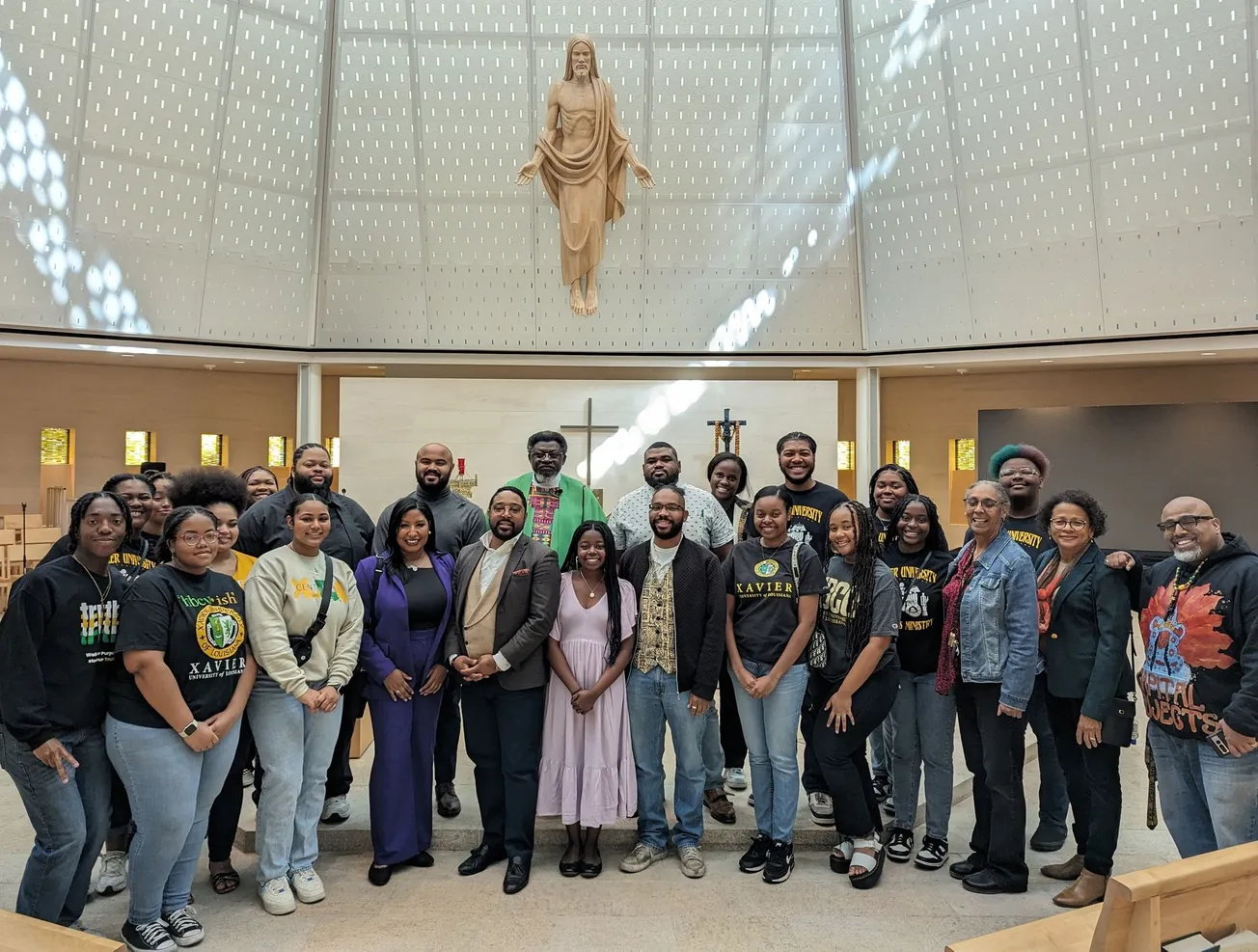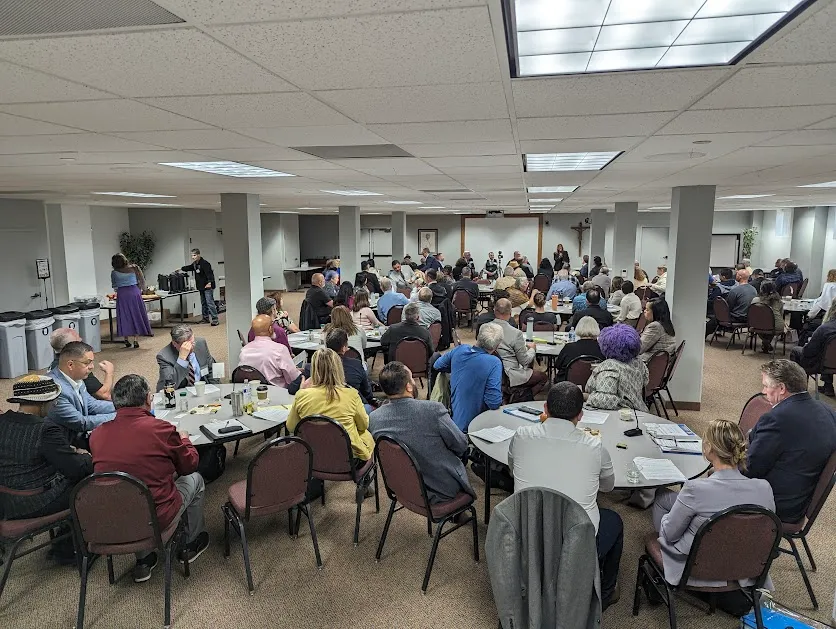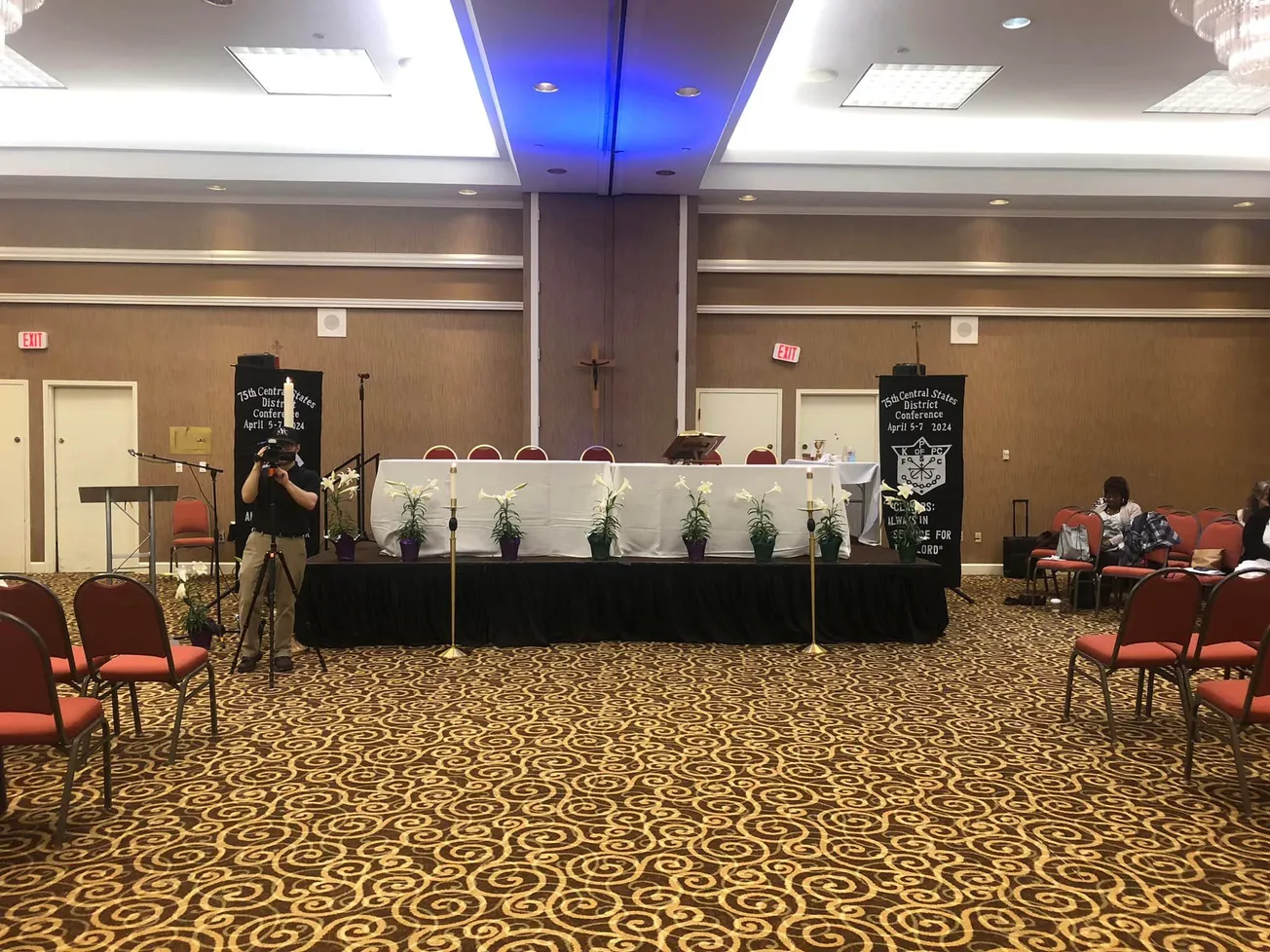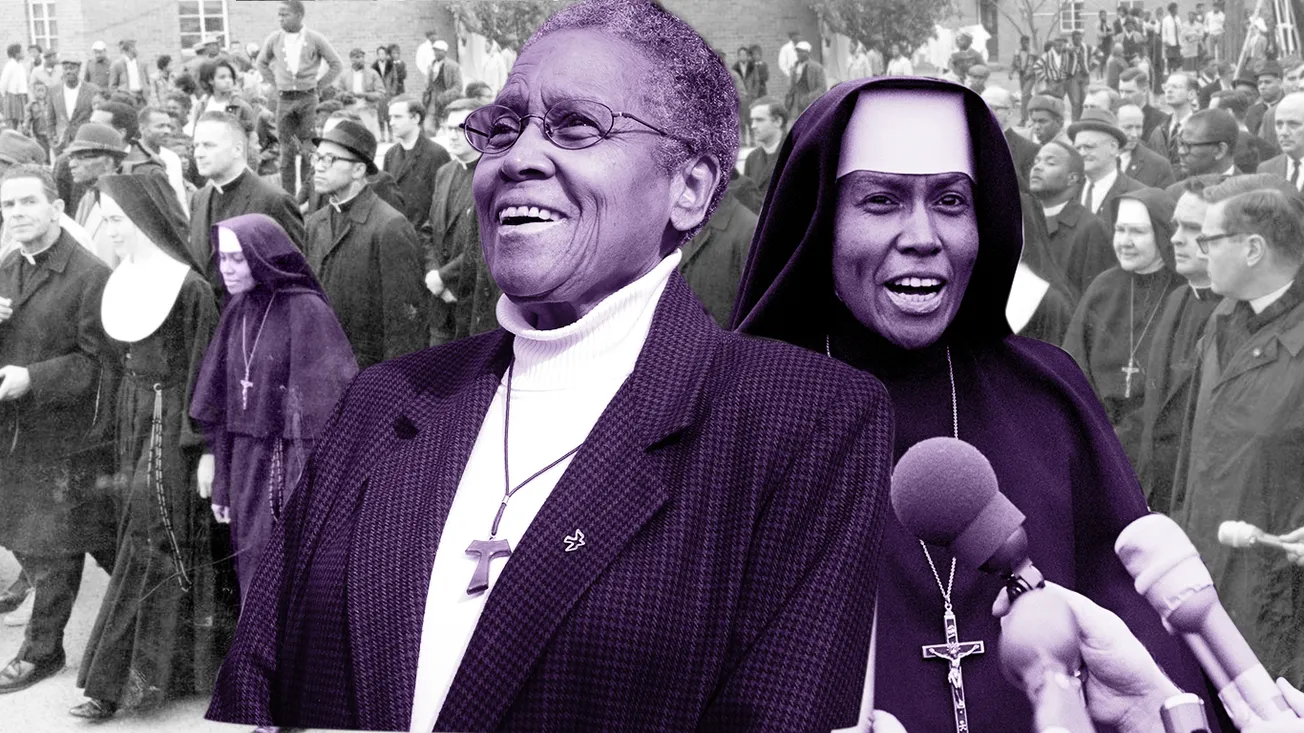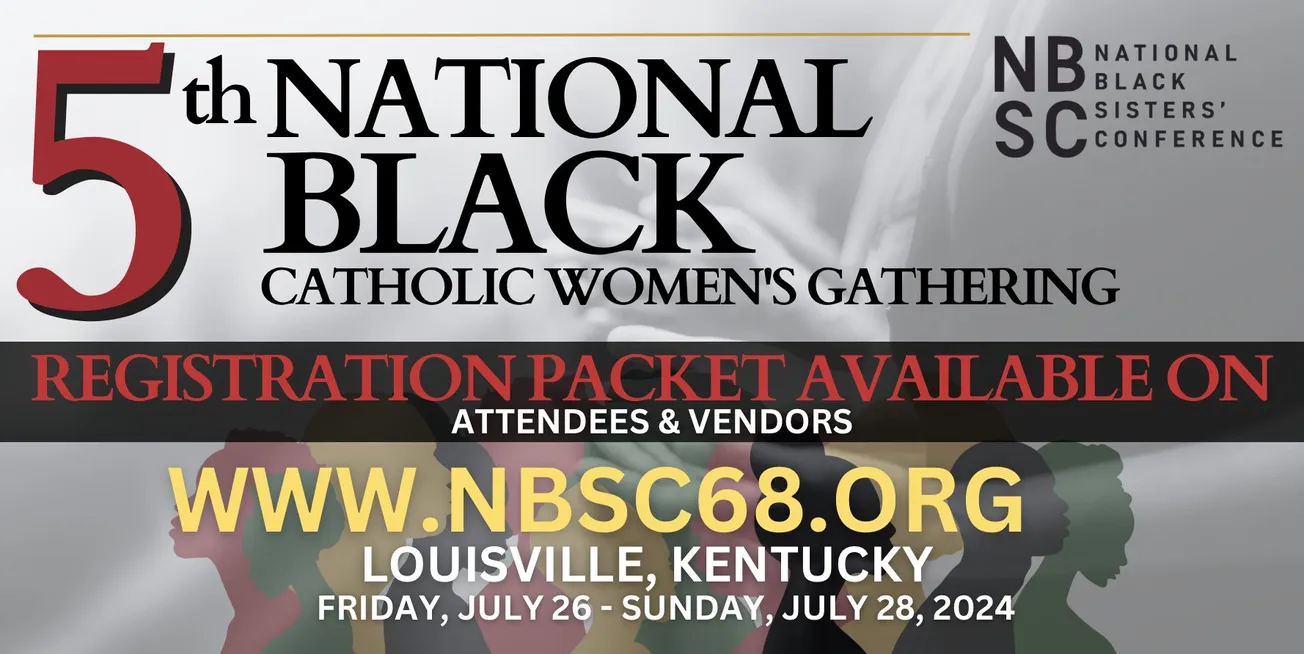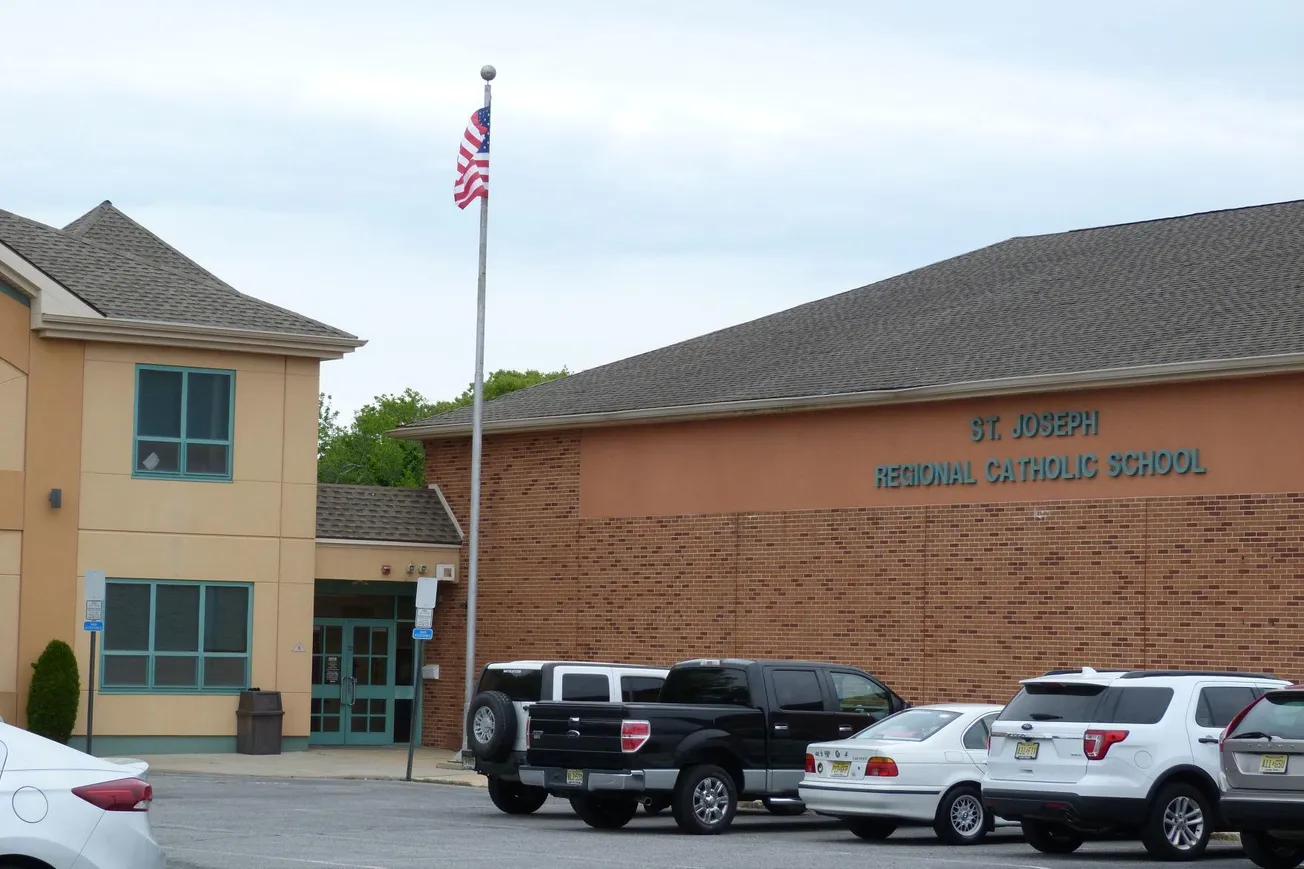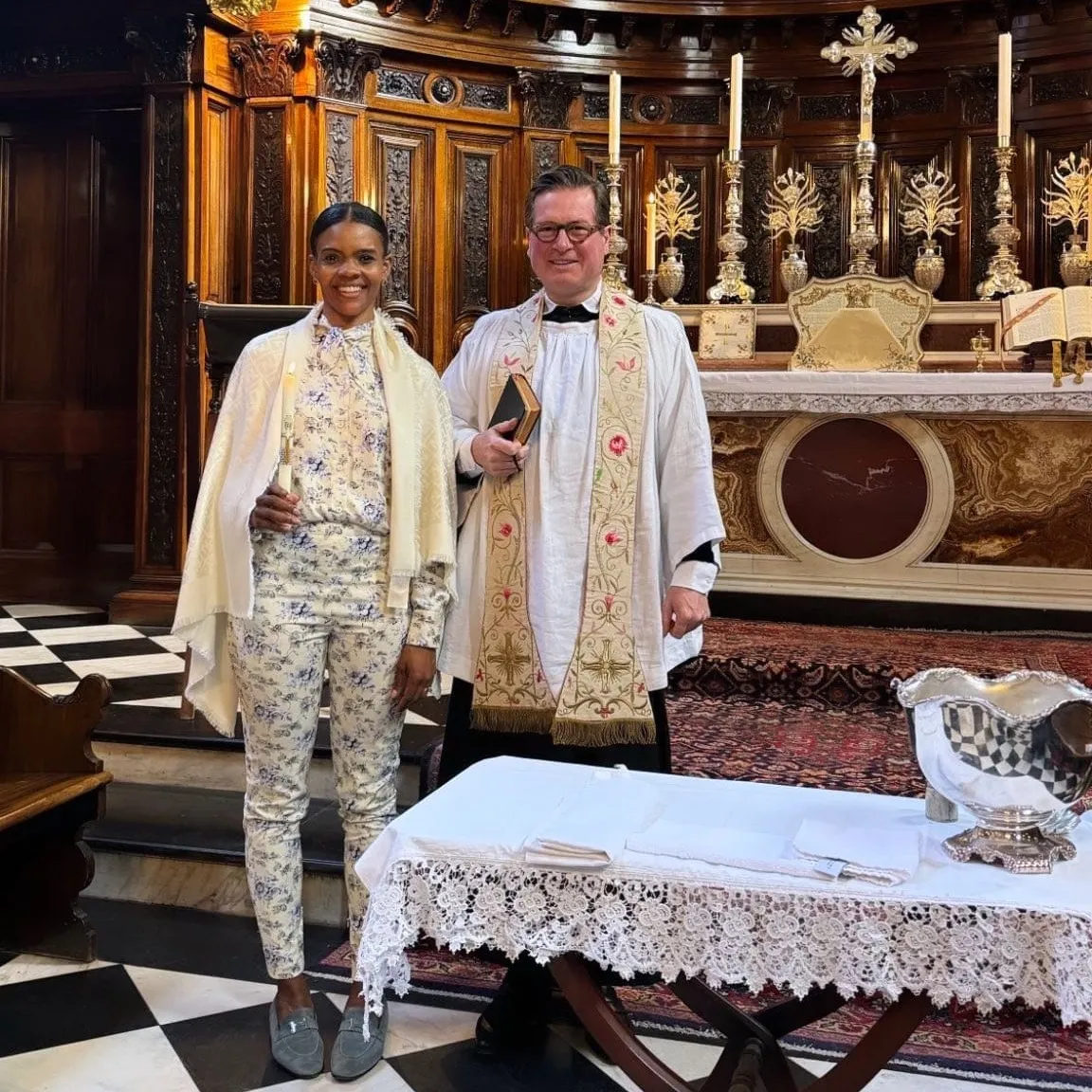African-American Catholics have been statistically noted as the most likely ethnic group in the country to leave the Church upon reaching adulthood, but few avenues of renewal have been forthcoming to stop the bleeding.
This week, Black Catholic young adults from varying walks of life around the country gathered at Xavier University of Louisiana with an aim to change that.
Assembled in the Crescent City by noted youth ministry expert Dr. Ansel Augustine of the Archdiocese of New Orleans, with assistance from Fr Maurice Henry Sands of the Black and Indian Mission Office, the dozen young adults met to share insights from their respective contexts. They also formulated an action plan with concrete recommendations for parishes, dioceses, and relevant national organizations.
Among them were lay ministers, students, parish volunteers, entrepreneurs, and working-class professionals from nearly every region of the country. It was fitting that they should meet alongside locals from New Orleans, which is often seen as the nation’s Black Catholic hub.
Dr. Augustine spoke of the event as an opportunity to address a pressing national issue of evangelization before it’s too late.
“I believe this gathering was important, not only because it is important to capture the voices of the young adult Black Catholic community, but also because we as Black Catholics are in a crisis situation with our present reality in the Church in the U.S.,” he told BCM.
“If we don't re-engage our young adults with our Church ASAP, then I fear what the future of Black Catholic ministry in the U.S. will look like in five years. This is an opportunity for our Black Catholic organizations and the wider Catholic Church to put resources, action, and attention behind their statements.”
The gathering, held at the nation’s Catholic HBCU, featured a theme coinciding with that of the 2023 National Black Catholic Congress, from the Book of Habakkuk (“Write the Vision: A Prophetic Call to Thrive”).
Even so, the deliberations among the group revealed an ethos that was as much a rebuke of the NBCC’s shortcomings as it was an endorsement of the Congress’ call to action.


(Dr. Ansel Augustine/Archdiocese of New Orleans)
The NBCC event was one of several pain points discussed by the young adults gathering in New Orleans, who ranged from college-age to late thirties. Their demographic was said to have been largely left out of the Congress focus, which in many ways encapsulates the issue of a Black Catholic national leadership that does not often include younger voices.
James Conway, who helped plan the young adult convocation, is active in his Black parish in Baltimore and has expressed these concerns at local and national events in the past. He says that, despite the clear problem of Black Catholic youth retention, leaders even within the community have not always been receptive to their voices.
“Our leadership constantly keeps leaving us out, hanging us out to dry and then we're left to pick up the pieces. Then as soon as we get the pieces picked up, they scatter them again,” he said, noting that young Black Catholics getting together to plan is a welcome change of pace.
“This is giving us a chance to put the pieces together without having the Church try to keep us separate. We can go out here and do this amazing work, and then it gets shelved for years at a time. That's just not what this gathering was about.”
During the second day of the deliberations—meant to transform a distilled list of major issues into an action plan—healthy debate brought to light the various concerns of participants from various experiences, including differing regions of the country, levels of practices, and theology.
Overall, there was wide agreement that change is needed on the local and national level on matters of racism, vocations, catechesis, youth-inclusive leadership, and LGBTQ+ issues. There was also consensus that a major qualification for participating in the work of transformation is alignment with the vision of Pope Francis.
Additionally, participants urged that a top-down approach is not feasible in a Church that is largely run by White Americans, whose voice overshadows that of Black Catholics even on issues of direct concern to the marginalized community itself.
As a result, the prospect of fully engaging young Black adults in the Catholic fold as practitioners and, ideally, as leaders has yet to find its footing in the modern Church. But with the new recommendations formulated this month by them and for them, it is hoped that a new day is on the horizon.
“Too often, we talk about issues in the Catholic Church without actually proposing realistic solutions to it. Especially when it comes to issues within the Black Catholic community, often the solutions that are proposed are proposed by people who aren't even a part of the community,” said Sheila Hodges, a senior at the University of Pennsylvania and the gathering’s youngest participant.
“I think it's very important to have this opportunity to propose solutions based on our own personal experiences and our expertise as Black Catholics.”
Nate Tinner-Williams is co-founder and editor of Black Catholic Messenger.


